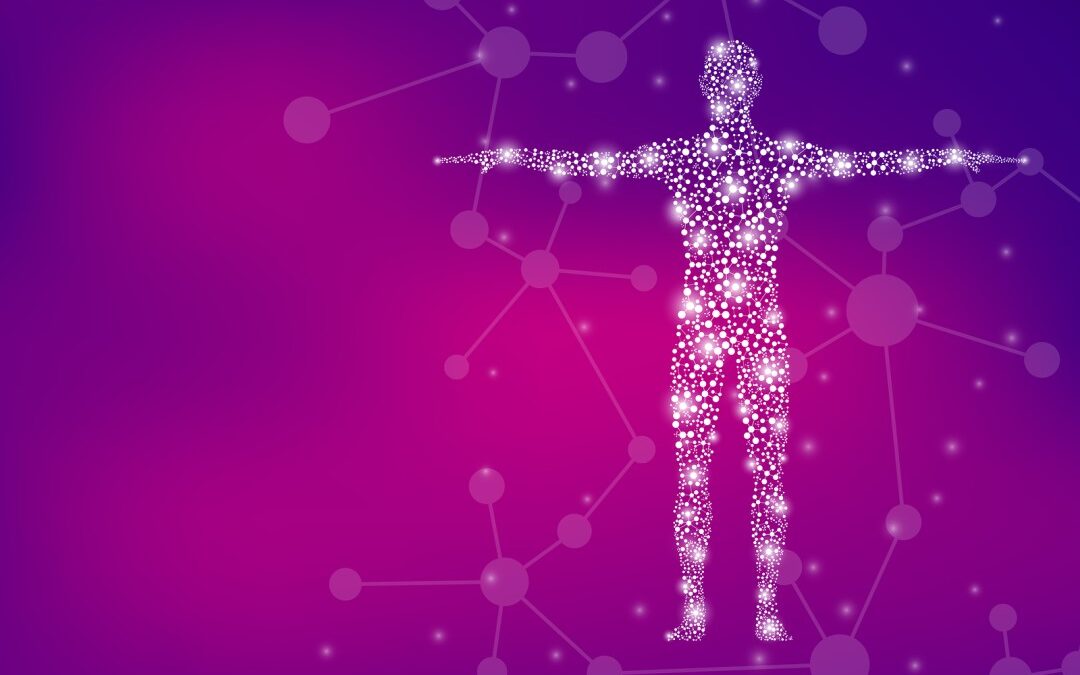As a Holistic psychotherapist, 34-month Pancreatic cancer thriver, and wife of a 12-year Prostate cancer thriver, I have a unique perspective.
No matter where you are on the “Cancer Journey Spectrum,” – newly diagnosed, currently receiving treatment, thriver with “no detectable signs of cancer,” or recent matastasis of your cancer – your emotions and brain are going to be impacted.
Throughout the cancer journey you will be on the “Emotional Roller Coaster.” Some days are frightening, some days are depressing, some days are just plain hard, some days are glorious “States of Grace,” some days produce pure terror and panic.
The emotions are very much dictated by what’s going on in your treatment. Are you newly diagnosed? Have you just had life-altering major surgery? Are you currently receiving chemotherapy or radiation? Are you hoping to qualify for a Clinical Trial? Have you recently had a recurrence?
Even if you are a long-time survivor/thriver, you will have some emotional reaction the days before a surveillance test and the days waiting for the results. If the test results are “good,” you will feel relieved and can breathe freely again. If the results are “bad,” you will be frightened and thrust into more tests, consultations, and treatment decisions. But you never stop looking behind, wondering if the cancer will come back.
Your family members will be on the same sort of Emotional Roller Coaster. They don’t have the cancer themselves but, because they are closely connected to you, they will go through the same sort of emotions and reactions. It’s as if they, too, are the patient.
Over the long haul of living with cancer, this Emotional Roller Coaster is exhausting and depleting.
I want to explain how the emotions interconnect with your body and your brain.
Frightening emotions set off the body’s Sympathetic Nervous System – which generates a Fight, Flight, Immobilization physiological reaction: Stress cortisol and adrenaline automatically flood into your blood stream, to give you the ability to fight or flee from perceived danger. Your heart beats faster, the pupils dilate, blood is pumped to your extremities to give you superhuman strength, your breathing becomes shallow.
In turn, the brain’s Limbic system – located in your midbrain – becomes hyper-aroused and concerned with basic survival. It joins the Fight/Flight/Immobilization response. It flashes an internal message of “DANGER, DANGER, DANGER.”
The Cerebral Cortex – located in the prefrontal lobe of the brain – is the “master computer,” concerned with Executive Functioning. It evaluates all the information sent from all parts of the body, and is tasked with determining the best, logical course of action. It has the ability to “turn the switch off” of the Fight/Flight/Immobilization response and “turn on the Parasympathic Nervous System” – which calms the body, establishes deeper relaxed breathing, releases dopamine and endorphines, and returns the body to a resting heart rate.
At times of great danger, relentless stress, or extended illness and treatments, however, the Cerebral Cortex can easily become overwhelmed or short circuited.
Let me give an example. Normally I am an efficient bookkeeper. I pride myself in being able to balance my check books, monitor all my accounts, pay bills ahead of their due dates, manage my psychotherapy business. I am logical and organized by nature.
During the last 4 months of my cancer recurrence and the ensuing stress, fear, perceived danger of the liver tumor, and the various tests, consultations, and eventual liver ablation and recovery, my Cerebral Cortex became less efficient.
Although I was able to maintain my anti-cancer regime of exercise, healthy diet, relaxation, connection to my spirit, people, nature, and God, I made some crucial errors in the accounting part of my life; I overlooked due dates on some bills, I made mistakes in my checkbook, I could not remember my flight credit with Southwest Airlines.
When I discovered these mistakes, I was crushed that the cancer experience had diminished the skill of my cerebral cortex. I felt very sad that I had temporarily lost part of myself. As I reflected on it I realized that, of course, it had happened. It was predictable with the stress and fear the last 4 months had wrought.
I sat with the sadness and then sent messages of deep love to my body, brain, emotions and spirit. “I love each and every part of you. This loss was temporary. You need to rest, relax, be quiet, and heal. All your abilities will return. Give your Self time to recover.”
I highly recommend mediation in nature, gardening, journaling, prayer, quiet time, rest, yoga, Tai Chi, Qi Gong, vacation time away from the medical establishment to relieve your Cerebral Cortex of the stress overload and return it to its optimum level of functioning.
Blessings to people around the world who are on The Cancer Journey.

